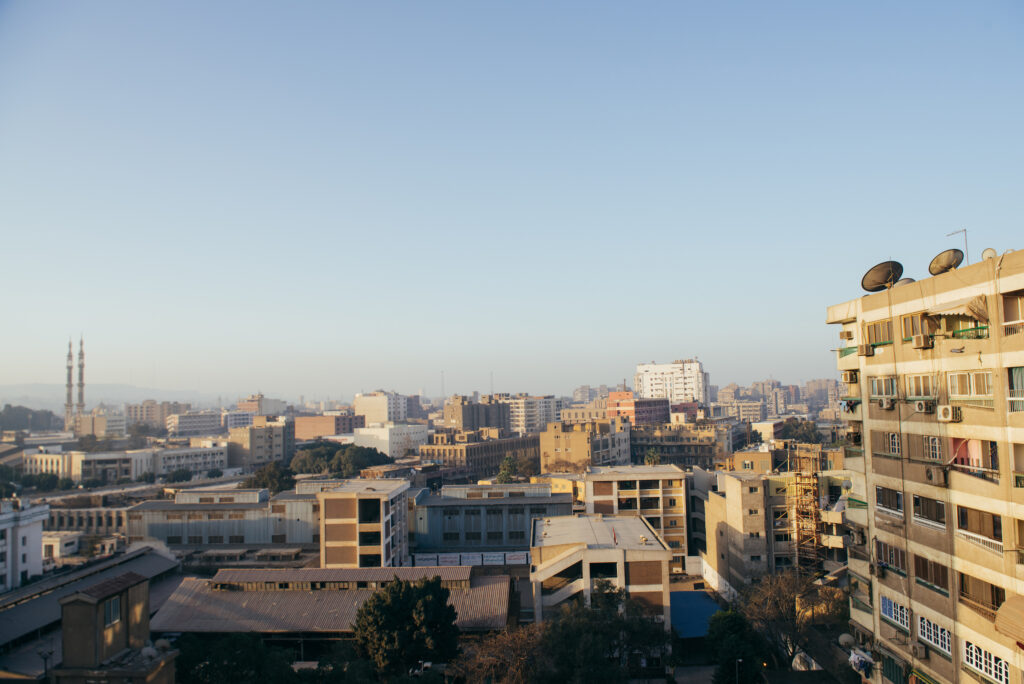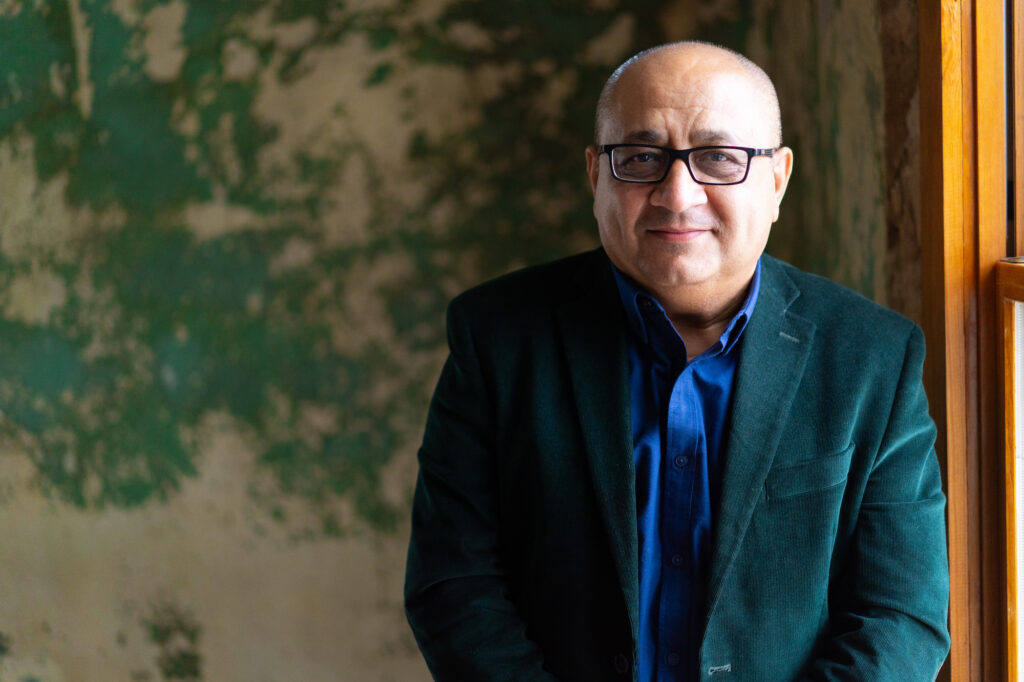Why the Middle Eastern church needs books written for its culture

Because of persecution in the countries mentioned in this article, some names have been changed for security.
Muslims and Christians have lived side-by-side in Egypt for centuries. As a result, questions often arise around how the church should engage with their Muslim neighbors.
There’s a level of “soft persecution,” as Langham scholar Mahir described it. It affects who gets hired for certain jobs in the government, at universities and in the military. The reasons aren’t spoken out loud, but “everybody understands it’s happening because of religion,” Mahir said.
READ MORE: How the Africa Bible Commentary changes lives
Political, social and cultural realities like this “shape the way we ask theological questions,” said Egyptian scholar Hani Hanna. Hani has been teaching theology for more than 20 years. He’s also the director of Langham Literature and Langham’s regional commissioning editor for the Middle East.
How this affects the Middle Eastern church

As a theological educator in a region where Christians are the minority and often face persecution and pressure, Hani struggled to find enough resources written in Arabic — much less speaking to the culture his students come from.
“I had to translate a humongous amount of literature so I can assign readings for my students, because the theological library in Arabic, as a language of instruction, is really, really destitute,” Hani said.
Most of the available resources are written in either English or French, languages that not all his Arabic-speaking students know. That meant preparing each lecture took hours of additional work.
“If I prepare a lecture in eight hours, I would add 16 hours to that in order to prepare the readings. At least 16 hours to prepare the readings for this one lecture. And you multiply that times 12 lectures per semester … it’s a time-consuming effort,” Hani said.
Beyond the time it takes for translation, these Western resources don‘t address the region‘s cultural, religious and socioeconomic realities. Hani said, “It definitely affects the ministry of the church.”
That’s why books written by people who understand the local context make a difference.
Where Langham steps in
Hani hopes to generate more books written by and for Arabic speakers through his work with Langham Literature — resources like the Arabic Contemporary Commentary, which Langham published in 2018. It’s a monumental work, with 48 writers from six Arab countries.
Last year, Langham Partnership
published 14 books by authors
from countries where Christians are persecuted.
In his role as a regional commissioning editor, he identifies promising writers within the Middle Eastern seminaries and church communities. He then supports them through the publishing process as well as identifies trends and literature needs within the region.
Langham Literature published 30 books over the past year written by authors from Africa, Asia, Eastern Europe, Latin America and the Middle East. Langham also supported 26 local publishers who produced 55 books in local languages.
“It’s really crucial because it touches the nerves and the hearts of the people who live in those parts,” Hani said.
Langham’s work with the persecuted church
